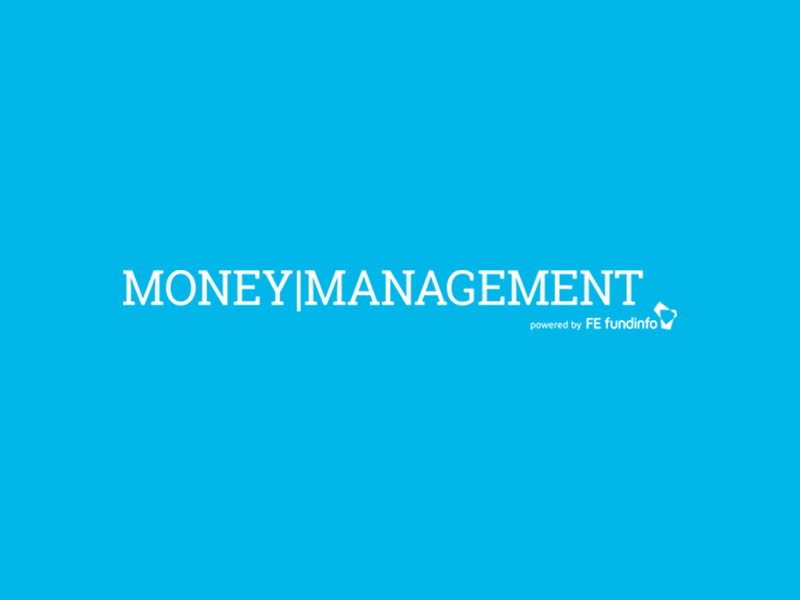Australians rebounding from pandemic

Australians rebounding from pandemic Financial Mindfulness was reported in Money Management on its latest financial stress survey. Australians assessed as “thriving” financially have rebounded after sliding backwards during the first six months of the COVID-19 pandemic, according to Financial Mindfulness. The firm’s Financial Stress Index (FSI) showed that 25.8% of 645 respondents were rated as […]
Staggering number of Australians with less than $2000 in the bank

Staggering number of Australians with less than $2000 in the bank. Financial Mindfulness was interviewed by the Daily Mail on the latest study on financial stress. These results show just how dire circumstances are for some Australian’s. Revealed: The staggering number of Australians with less than $2000 in the bank – and why the slow […]
The 10 biggest barriers to peace of mind in 2021

Call it what you will, peace of mind, inner peace, sanity, contentment, serenity – that feeling of freedom from when your brain just won’t shut up and in bad moments you feel only marginally less negative about the world and others than you do about yourself. In a world full of fear about the pandemic, […]
Want to avoid financial stress: ask yourself these questions

Want to avoid financial stress: ask yourself these questions. There’s never been so many options for accessing cash quickly as there are today, and that’s very appealing around this time of year – especially this year, with many more people unemployed as a result of the ‘pandemic induced’ economic disruption. Nobody wants to be in […]
The real cost of gift-giving: financial stress – part 3

The real cost of gift-giving: financial stress – part 3. In ancient history giving gifts began as part of the ritual of worship and over the centuries it has morphed into a show of appreciation. In the age of mass consumerism gift-giving has become an expensive habit too, especially in holiday season. While most of us […]
The real costs of gift-giving: Financial stress – part 2

The real costs of gift-giving: Financial stress – part 2. Who wants to buy something special for their partner, relative, friend or colleague on Black Friday or this Christmas? It’s a thoughtful idea given how tough 2020 has been – with bushfires, then the COVID-19 pandemic, various lockdowns and financial stress coming at Australians in […]
Proven: the power of mindfulness over bad financial decisions

Proven: the power of mindfulness over bad financial decisions. If you’ve ever persisted with a disastrous job or relationship or PhD in the hope it will somehow get better, or ‘chased your losses’ by placing risky bets in a game of cards, you might want to pay attention.